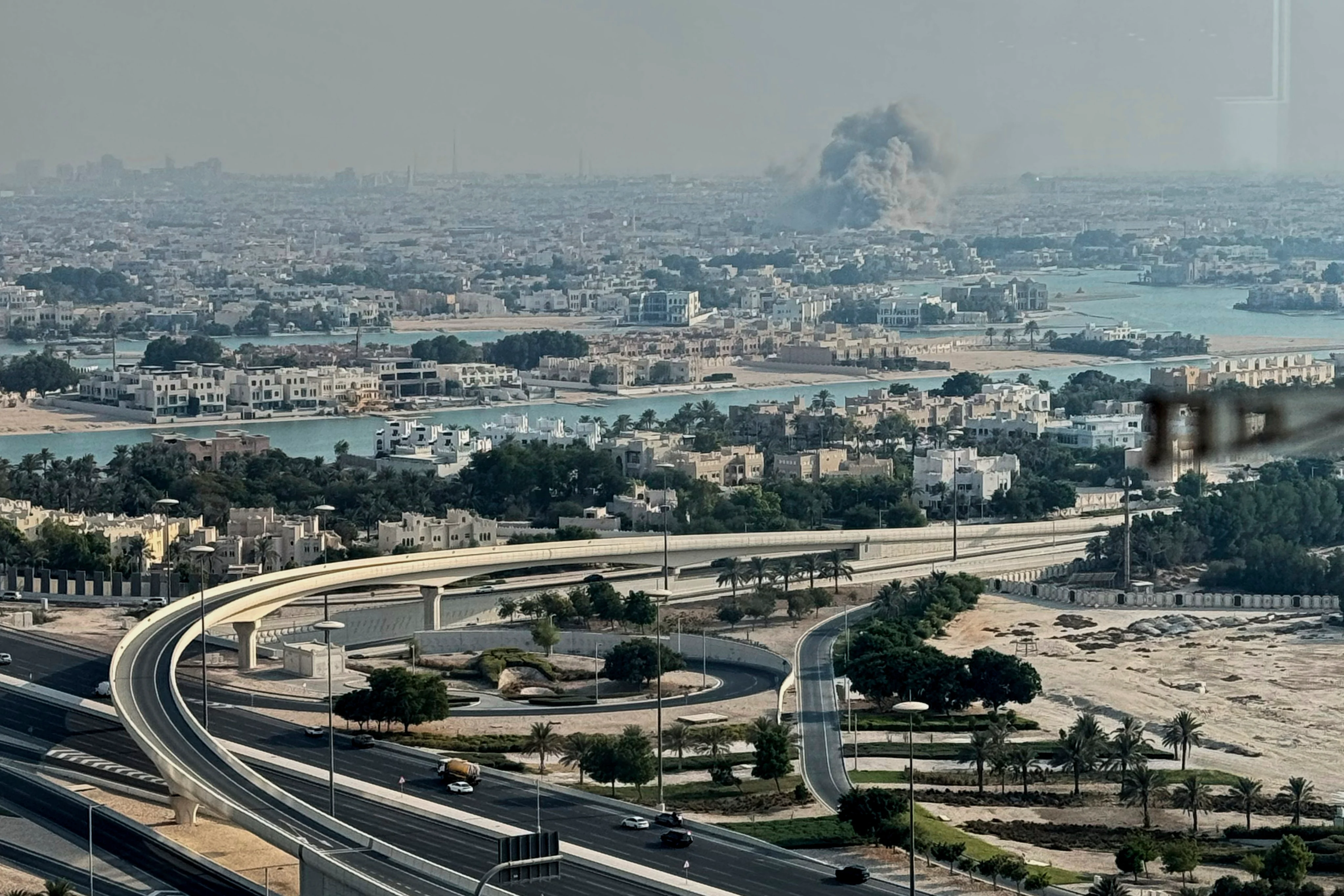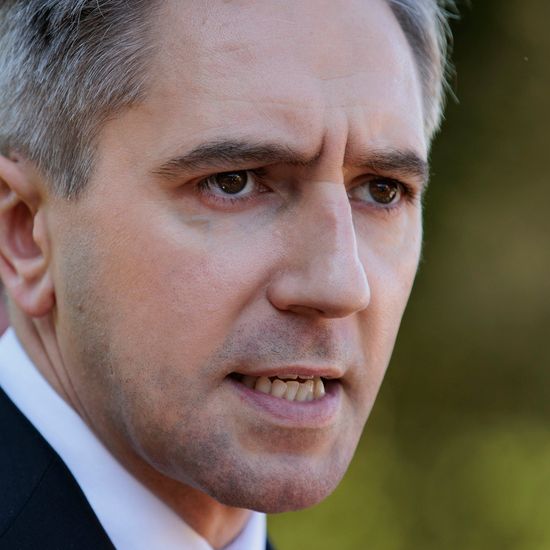By Tom Hussain
Copyright scmp

The Gulf Arab monarchies have been left reeling after the United States, their decades-long security guarantor, seemingly did nothing to prevent Tuesday’s unprecedented Israeli air strikes on Qatar, home to the region’s largest American military base.
Describing the attack as a “pivotal moment” for the Gulf, Qatari Prime Minister Sheikh Mohammed bin Abdulrahman Al-Thani called for a collective regional response after Israeli jets targeted Hamas negotiators in Doha.
The strikes have exposed a deepening rift between Qatar and Washington at a time of acute regional volatility.
According to the White House, US Central Command, which is stationed at the US$8 billion Al-Udeid Air Base that Doha funded, alerted Qatari authorities after detecting Israeli warplanes headed towards the capital.
But Prime Minister Thani forcefully pushed back against this assertion, telling reporters at a late-night press conference on Tuesday that he was not contacted by US President Donald Trump’s special envoy, Steve Witkoff, until 10 minutes after the strikes began – while explosions were still echoing across Doha.
“We believe that today we have reached a pivotal moment,” Thani said. “There must be a response from the entire region to such barbaric actions.”
The fallout has reverberated through the Gulf Cooperation Council (GCC), a bloc comprising Qatar, Saudi Arabia, the United Arab Emirates, Kuwait, Oman and Bahrain.
Abdulkhaleq Abdullah, a former adviser to the UAE’s president, said the incident would compel the Gulf states to confront “a lot of questions that need to be thought about very carefully”.
Among the GCC’s members, the UAE and Bahrain normalised ties with Israel in 2020 under the US-brokered Abraham Accords, but the others have made recognition conditional on the creation of a Palestinian state.
Qatar, meanwhile, has served as a mediator between Israel and Hamas, hosting Hamas political leaders since 2011 at Washington’s request and with Israel’s agreement.
On the day of the attack, Hamas’s six-man political team was meeting in Doha to discuss a new truce and hostage proposal advanced by Witkoff when Israeli warplanes struck.
This is the second time within a year that Qatar has found itself at the centre of regional crossfire. In June, Iranian missiles targeted Al-Udeid after Israeli and US forces struck Iranian nuclear facilities.
“In both cases, the target was not in fact Qatar per se,” said Abdullah, who is also a retired professor of international relations. But the ambiguity of the strikes – whether intended to kill Hamas representatives or send a message to Qatar – has unsettled the Gulf states.
“At the end of the day, we know that Qatar has been targeted,” he added.
For Abdullah, the lesson was that “imperial Israel is replacing imperial Iran as a source of major concern for peace, stability and security in the Gulf and throughout the region”.
Israel’s “hegemony of air power” presented a profound threat as Gulf rulers were forced to confront “a fascist, expansionist government”, he warned.
Officials in all the GCC states are questioning the wisdom of being so dependent on the US as a security guarantor
Giorgio Cafiero, Gulf State Analytics
Saudi political analyst Aziz Alghashian described the GCC as being in the throes of “strategic loneliness” after the strikes, with Israel now “not only complicating GCC security” but directly attacking member states.
The US, once viewed as the region’s steadfast protector, was now seen as “an enabler of insecurity” Alghashian said. While China “only acts for its economic interests”, he wrote on social media.
The sense of betrayal is acute. The issue for all GCC states was that the US, “being Qatar’s security guarantor, did not prevent this act of Israeli aggression”, said Giorgio Cafiero, CEO of Gulf State Analytics in Washington.
“Officials in all the GCC states are questioning the wisdom of being so dependent on the US as a security guarantor.”
Doubts over Washington’s security commitments have been mounting since 2019, when the US declined to respond militarily after a drone attack knocked out half of Saudi Arabia’s oil processing capacity.
The muted response to Houthi attacks on Emirati oil facilities in 2022 only deepened the unease.
But the Israeli strike on Doha “brings the Gulf Arab states into a new chapter when it comes to relations with Israel and their perceptions of the US,” Cafiero said.
“It’s very clear Israel was able to carry out the strike because of the US,” he added. “This obviously raises serious questions about what kind of security partner the US is to Qatar and other GCC states.”
Cafiero said Saudi Arabia, for example, must now consider whether it could be the next target of Israeli aggression.
The GCC has limited options to respond, however. “Complicating these dynamics is the fact that the GCC does not have another country they can turn to at this point to replace the US as a security guarantor,” Cafiero said.
He suggested that Gulf rulers would seek to leverage their “deep, close personal relationships with Trump” and key administration figures like Witkoff to avert further Israeli attacks.
But the assault on Doha could also spur a never-before-seen Gulf-wide response at the Qatari prime minister’s urging.
Middle East expert Hassan I. Hassan predicted “even deeper regional coordination and more organised power projection” by the GCC in the attack’s wake.
“This increased coordination is not to be dismissed,” the London-based journalist and editor-in-chief of New Lines Magazine wrote on social media, pointing to the UAE’s recent threats to withdraw from the Abraham Accords following Israel’s announcement of its plans to annex the West Bank.
Israel’s willingness to strike in the heart of the Gulf would likely prompt not only the GCC, but also Egypt, Turkey and other regional powers to work together on a response, Hassan said.
“Israel risks underestimating the shifting dynamics around it because it assumes, so far correctly, that no one is yet powerful enough to stand in its way.”



